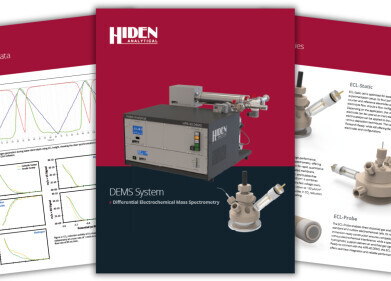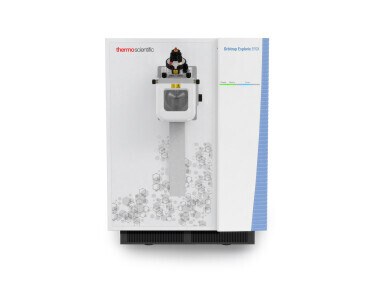Mass spectrometry & spectroscopy
Does 'Chance of Death' Plateau?
Jul 25 2018
Humans don't live forever and while some experts state 21 and others 55, the reality is that eventually the body loses its ability to repair DNA damage and slowly starts to decline. Now, new research suggests that humans who manage to clock 105 years have a better chance of living longer.
The study, fronted by Professor Jim Vaupel of Germany's Max Planck Institute for Demographic Research, found that while mortality rates rise exponentially in adulthood, the chances of death start to taper off after hitting the 80-year mark. After the age of 105 they plateau, with the chance of death calculated at around 50-50 for any given year.
“It’s the equivalent of tossing a coin each year,” comments Vaupel.
Centenarians on the rise
In the USA, just 0.02 percent of the population, or roughly 55,000 people, live to be over 100. The number of centenarians has been steadily growing over the past few decades and is now fuelling debate over whether homo sapiens are approaching upper lifespan limit. For Vaupel and his team, the latest findings confirm there is no evidence of an impending upper lifespan limit. Instead, they suggest that the human mortality curve is continuing to expand and improve.
“If [mortality] stays constant, as more and more people survive to very old ages, the record will be broken,” says Vaupel.
Challenging the Gompertz–Makeham law
The study also challenges the widely-accepted the Gompertz–Makeham law of mortality, which implies that after the age of 68 the chances of death double every eight years. The law culminates at the age of 111, when humans face a 100% chance of death.
Vaupel rationalises it as a purely statistical trend, pointing out that people who die in certain age groups in any given year are usually the frailest individuals. The next year, all survivors are one year older and generally healthier and stronger. Biological factors could also be at play, with diseases like cancer becoming less common for centenarians.
“Eventually the two factors, the ageing and the weeding out, counterbalance each other,” explains Vaupel.
Experts argue for "human shelf life"
Of course, not all experts are on board. The study has also received its fair share of speculation, with Jan Vijg, a geneticist at New York's Albert Einstein College of Medicine arguing, “It seems rather far-fetched that after increasing exponentially, the chance of dying should suddenly stop in its tracks." Instead, he debates for the existence of a human shelf life and claims he doesn't consider the "evidence for a plateau presented in this paper to be especially strong."
Want to know more about the latest scientific advancements? Spotlighting both chemistry and life sciences, '66th ASMS Conference on Mass Spectrometry and Allied Topics held in San Diego from 3rd to 7th June 2018' honours the winners of multiple prestigious awards, and also introduces a handful of exciting new instruments and products.
Digital Edition
Lab Asia Dec 2025
December 2025
Chromatography Articles- Cutting-edge sample preparation tools help laboratories to stay ahead of the curveMass Spectrometry & Spectroscopy Articles- Unlocking the complexity of metabolomics: Pushi...
View all digital editions
Events
Jan 21 2026 Tokyo, Japan
Jan 28 2026 Tokyo, Japan
Jan 29 2026 New Delhi, India
Feb 07 2026 Boston, MA, USA
Asia Pharma Expo/Asia Lab Expo
Feb 12 2026 Dhaka, Bangladesh



















